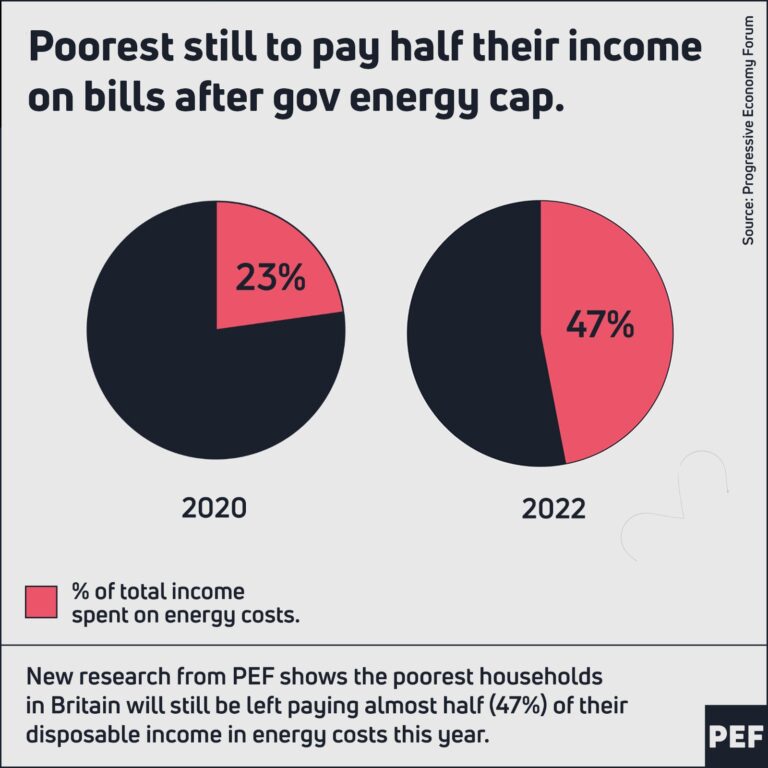The Brexit Party has suggested that inheritance tax should be abolished.
Inheritance tax is charged almost entirely on death. It is usually charged at 40% on the value of the estates of deceased people that exceed £325,000. However there are generous allowances. All gifts made seven years before death are exempted, as are gifts to souses and civil partners. Much business property is exempt, as is most agricultural property and gifts to charity[i]. Arrangements for trust are complex but can still be beneficial. The result is that the £325,000 limit is decidedly flexible, and latest data says 4.6% of UK estates, or 28,100 cases a year, pay inheritance tax[ii]. The tax collects about £5.4 billion a year[iii].
The strengths of the tax
It is the UK’s only really effective tax on wealth itself. Wealth inequality is increasing rapidly in the UK. Around the world it is seen as a major issue. Organisations such as the International Monetary Fund[iv], World Bank[v] and Organisation for Economic Cooperation and Development[vi], none of which are seen as hot beds of socialism, suggest that taxes are required to address this issue and create more equal societies.
More equal societies tend to be more socially and politically harmonious than unequal ones.
They also tend to be more prosperous and see more economic growth as those with lower wealth (and incomes) spend more of what they have, and so turn a given level of income into greater economic activity than do unequal ones.
Unequal societies also tend to take fewer risks. The wealthy tend to invest to preserve their wealth rather than take risk: there is little evidence that wealth supports real entrepreneurial activity or even investment. They prefer to save in cash, property and the share capital or already established companies.
Inheritance tax tackles these issues by redistributing wealth.
The weaknesses of the tax
Few estates pay the tax. The wealthiest tend not to because there are so many loopholes that they can exploit. Many who do pay do so because of the value of their family homes which the deceased have lived in until the time of death. As such the tax is not well targeted. That, however, is because reliefs may exempt 80% or more of the potential yield.
Why abolish the tax?
Inheritance tax seeks to do an essential job in the UK tax system by charging wealth to tax. The UK needs a wealth tax if the gross inequalities that our market system has given rise to, usually by chance, are to be addressed through the tax system as the organisations noted previously think essential.
The problem with the tax is that it is ineffective. It only collects £5.4 billion a year.
The best reason for abolishing the tax is that it is not good at what it is meant to do. Ineffective taxes are always unpopular, as are those that appear to have a random impact.
What could replace inheritance tax?
Because it collects relatively little money there are a great many options for replacing inheritance tax.
The most effective, and fairest, would be to tax all receipts of gifts during a person’s lifetime. This would discourage the concentration of wealth and instead of charging the dying – who could then give to whomsoever they wanted – would charge the living to reduce inequality. Few doubt that this is the best long term direction of ravel.
In the short term some simple changes would, however, also be very effective.
First, there could be bands of tax due: a single rate makes little sense. If the other changes noted below were enacted this would have little impact on yield and make the tax more acceptable.
Second, the exemptions for business and agricultural property could be restricted. At present they cover a very wide range of assets and are open to abuse.
Third, houses could be exempted but be subject to capital gains tax on death instead. This would require that tax only be due on the death of a second owner in the case of jointly owned property, and that gains during the whole of life and not just in the final property be taken into account, but this should present very few problems in the vast majority of cases. This means only the gains arising on houses would be taxed, removing a major grievance.
Fourth, trust taxation need to be reviewed again to break up the concentration of wealth.
Should inheritance tax be replaced then?
In a word, no, it should not be.
But it does need significant reform to make it substantially fairer. That might even require that it be given a new name. But the UK needs a wealth tax and the Brexit Party is completely wrong to suggest we should do without one. Most especially that is because that is not in the interests of most of those who voted for Brexit, who will never pay this tax.
Photo credit: Flickr/ferret boy.
[i] These reliefs are together worth more than £4bn a year on average https://assets.publishing.service.gov.uk/government/uploads/system/uploads/attachment_data/file/832126/IHT_Commentary.pdf
[ii] https://assets.publishing.service.gov.uk/government/uploads/system/uploads/attachment_data/file/832126/IHT_Commentary.pdf
[iii] https://assets.publishing.service.gov.uk/government/uploads/system/uploads/attachment_data/file/832126/IHT_Commentary.pdf
[iv] https://blogs.imf.org/2017/12/07/chart-of-the-week-sharing-the-wealth-inequality-and-who-owns-what/
[v] https://www.worldbank.org/en/news/press-release/2018/01/30/world-bank-report-finds-rise-in-global-wealth-but-inequality-persists
[vi] https://www.oecd.org/officialdocuments/publicdisplaydocumentpdf/?cote=SDD/DOC(2018)1&docLanguage=En








